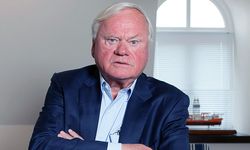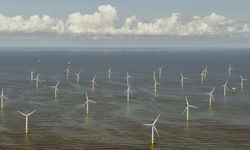The country aims to leverage its deepening security ties with Washington for broader economic benefits, with plans to tap into the resource-rich waters claimed by China.
Romualdez highlighted ongoing collaboration with allies such as the US, Japan, and Australia to secure options for the eventual exploration. The Philippines is considering inviting US companies to invest in exploration and development efforts, along with discussions with other claimant countries like Vietnam.
This move comes as the Philippines seeks to reduce its dependence on imported fuel and lower energy costs.
Negotiations with China for energy exploration, previously stalled amid tensions, may be revisited. The envoy emphasized a calculated approach in alliance-building and declined to provide detailed information on the energy plan, hinting that it could unfold within President Ferdinand Marcos Jr.'s term ending in 2028.
As the Philippines strengthens security alliances amid tensions with Beijing, Romualdez stressed the importance of these partnerships translating into increased trade and investment. President Marcos Jr. aims to leverage his growing influence on the global stage to attract deals for the country, fostering economic prosperity alongside defense ties.
The envoy highlighted President Marcos Jr.'s efforts to seize investment opportunities globally, emphasizing the keen interest from both the US and European countries. While the Philippines enjoys strong relations with the US, Romualdez acknowledged the need to compete for investments in the highly contested Southeast Asian region.
The looming depletion of a key gas field has heightened the urgency for the Philippines to pursue resource exploration in contested waters. Romualdez signaled a shift in approach, stating, "What is ours is ours, and we're not going to stop."
The Philippines aims to assert its rights in the exclusive economic zone and proceed with energy exploration when deemed appropriate.



